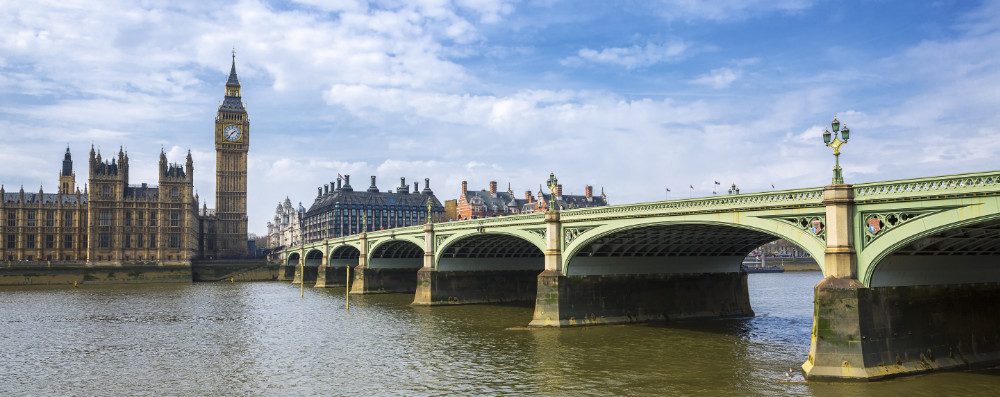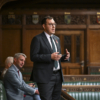The UK government is reviewing how gambling is taxed, with a plan to replace the current three-tier system with a single flat rate for all types of online betting and gaming. Currently, different types of gambling fall under different rates. Remote gaming is taxed at 21%, while general and pool betting are taxed at 15%. Under the proposal, all would fall under a new Remote Betting and Gaming Duty. The consultation is open until 21 July.
Officials say the current system no longer reflects how people place bets. The growth of mobile apps and online platforms has blurred the line between sports betting and gaming. They say a single rate would be easier to manage and more consistent for both businesses and regulators. Some in the industry believe the current rules are no longer clear enough and could lead to more problems if left unchanged. Operators also face increased compliance costs under the existing model, which some argue favours larger firms able to absorb complex administrative demands.
The review comes at a time when online gambling is expanding. Online slots alone bring in billions each year. Many players use websites that list a wide range of games, with some featuring a popular slots catalogue where games are grouped by theme, bonus features and payouts. These platforms give players an overview of real-money slots across multiple categories and are now a major part of the UK’s digital gambling scene. With more gamblers moving online, the importance of a tax structure that reflects the modern landscape has become harder to ignore.
The proposal has already drawn criticism. Smaller operators warn that a 21% rate could increase costs and force some to shut down or reduce services. Others fear that higher charges could be passed on to players, pushing more users toward unlicensed offshore platforms. These sites fall outside UK regulations, raising further concerns about consumer protection and responsible gambling standards.
The racing industry has also raised concerns. Betting on horse racing often benefits from lower tax rates. MPs with ties to horse racing warn the move could take as much as £90 million a year out of the sport, which would affect jobs, events, and local economies. According to industry groups, if funding is reduced, prize money and race-day support may decline, resulting in fewer entries and lower attendance across the country. Racing is already under pressure from reduced sponsorship and shifting consumer habits, so the loss of this income would add to the strain.
A Treasury spokesperson said the consultation is about making sure the tax system reflects how people bet today. They said the aim is not to collect more tax, but to check whether the current approach is still fit for purpose. The government has asked for feedback from operators, charities, and the public.
The outcome is likely to appear in the autumn budget. While nothing is final, the direction of travel is clear. With digital gambling now the main driver of revenue in the sector, future rules will likely be shaped with that in mind.
What comes out of this review could shape not just how gambling is taxed, but how the sector operates across the UK in the years ahead.







